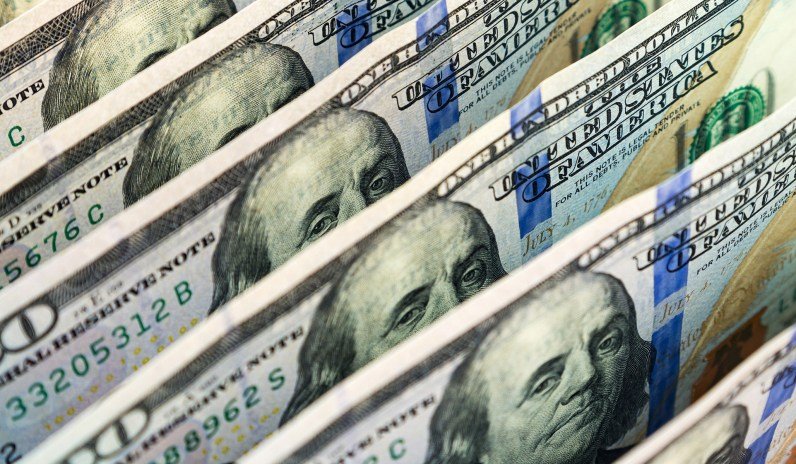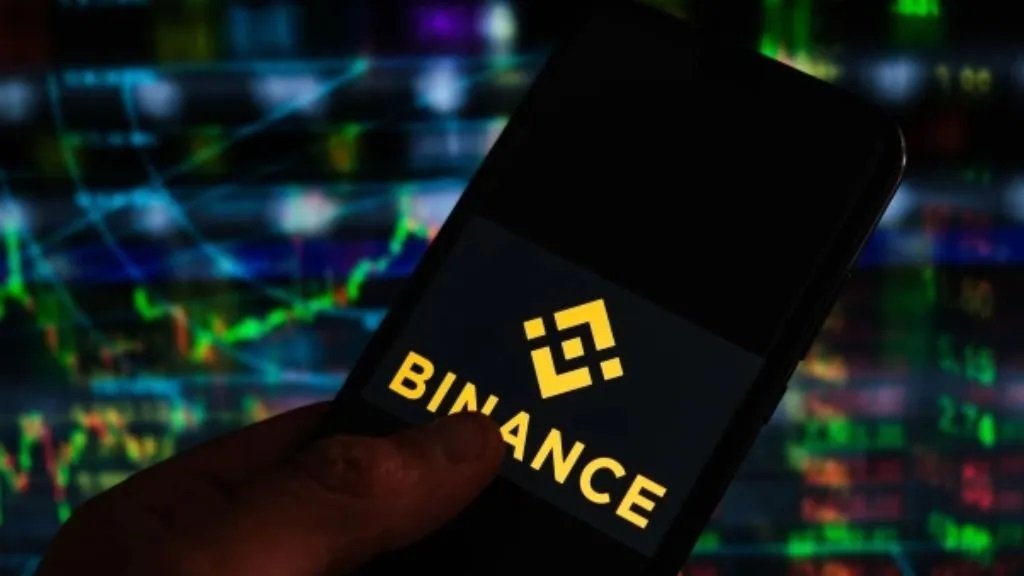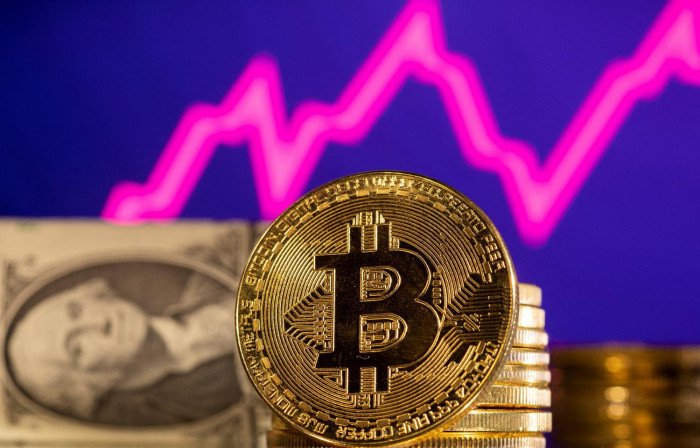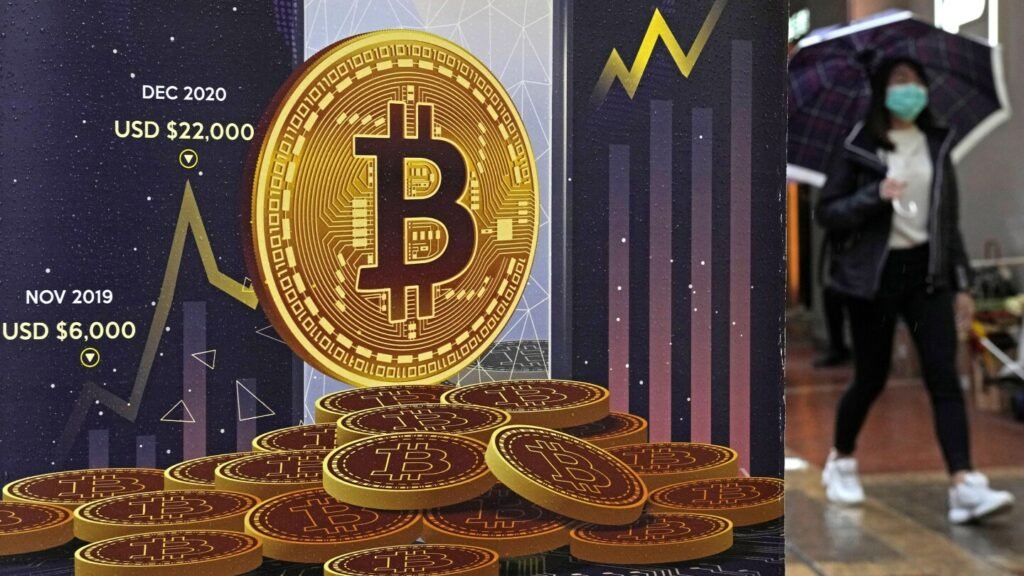The Death Tax’s Not So Little Helper (Possibly)

Welcome to the Capital Note, a newsletter about business, finance, and economics. On the menu today: the death tax’s (possible) new scythe, vaccines and the EU’s lethal central-planning fail, Merkel/Brezhnev, credit-market Jenga, lost Bitcoin/found Keynes. To sign up for the Capital Note, follow this link.
Death and Taxes — Old Theme, New Threat
There has always been something both greedy and ghoulish about the estate tax, a levy that deserves to be known, and often is, as the death tax. It is not enough that the deceased has, in all probability, paid taxes for the whole of his or her lifetime (and probably in quite large amounts, given that the death tax only kicks in once a certain asset threshold has been crossed). But there is also the spectacle that this tax represents: the state showing up for one last cut, hovering over the (financial) carcass of the recently deceased.
But, judging by Paul Sullivan’s recent report in the New York Times, this repulsive spectacle may be about to become even disgusting, and not just because the Biden administration will almost certainly lower thresholds and increase rates.
The New York Times (my emphasis added):
The biggest potential long-term change involves the estate tax. But in contrast to previous changes, the tax code could be modified in a way that affects everyone who has something of value to leave to heirs.
For decades, assets were valued at the time of the owner’s death, even if the value had risen. This so-called step-up in basis rule works like this: If a stock that was bought for $1 is worth $10 when the owner dies, the gain is $9. But when that asset is passed on to heirs, the embedded gain is wiped out because the base value is now $10 and no capital gains tax is owed.
This treatment applies to any asset, from liquid securities and private investment partnerships to a family home. If the total value of the estate is less than the current $11.7 million exemption level for an individual or $23.4 million for a couple, then no estate tax would need to be paid, either.
A Biden administration may move to change this for logical and revenue reasons. At one point, the step-up in basis made sense. Imagine trying to determine the capital gains from AT&T stock that your grandmother bought in 1943 when record-keeping was done with a pencil and paper. Today, cost-basis information can be retrieved in seconds.
A cost basis that will, under current rules, not be adjusted for inflation. This ought to too basic to need explaining, but I will go ahead and say it anyway, as this is not a message that appears to be getting through. If I sell an asset that has appreciated by 10 percent since I bought it, but inflation has totaled 20 percent over the time that I held that asset, the 10 percent “gain” will, crudely speaking, represent a 10 percent loss in real terms. Nevertheless, it will be taxed, in current dollars, as a 10 percent gain. That is the situation as it applies at the moment — and (as I have noted before) it shouldn’t. The gain may be phantom, but the tax is real.
To his credit, President Trump briefly floated the idea of adjusting capital gains for inflation, but that, sadly, got nowhere.
The discussion (to the extent that there has been any) over inflation adjustment up to now has been focused on the gain that occurs when I (not yet dead, hurrah!) sell something that I had acquired earlier. The starting point for that discussion has been the price I paid for that asset, or its value when I received it. Now imagine selling something that you have inherited, and that the law has been changed so that its basis cost is not the value of the asset at the time you acquired it (the current rule), but the price paid by the person (a parent, say, maybe even a grandparent) who left it to you. The effect of, say, five or ten years of inflation on a nominal gain will be bad enough, even at comparatively low levels of inflation (compounding is what it is). Now imagine what it could mean in the case of an asset, which, in the case of an older person (and the ranks of those who die tend to be filled with the old) might well have been held for a very long time indeed. There have been bouts of inflation, whether general or in specific asset classes, within the lifetimes of many of those who have yet to — how shall I put this — trigger their will. And looking to the future, who is to say that inflation will remain at current depressed levels?
Then there are the practicalities. As the New York Times’ Sullivan observes, cost-basis information for stock is easily available, at least for stock bought relatively recently. But what is the case when that stock was bought by a parent or grandparent, decades before such information was put into sophisticated electronic systems. And what if that wise ancestor bought that stock before the company went public — a period in a corporation’s life, to complicate things more, in which stock splits and the like are far from rare, and easily accessible information may be rarer still.
And stocks are the easy assets.
Take the case, say, of a family home that is part of an estate. If the rules change, will a homeowner be expected to keep records of capital improvements made, perhaps, over the decades? Is a collector expected to keep a record of the prices he or she paid for a collection, whether it be of paintings or old Harleys, and the money spent on their restoration? And the examples don’t stop there.
The intricacies (to use a kind word) of our tax system have long provided legions of accountants with an excellent living, a diversion of talent and resources with no obvious benefit to the economy as a whole. Ending the step-up would add further complexity to the lives of taxpayers (and introduce it to those who currently have a straightforward relationship with the IRS) and send even more business to CPAs or their automated equivalents.
But wait, there’s more.
Be the first to write a comment.







